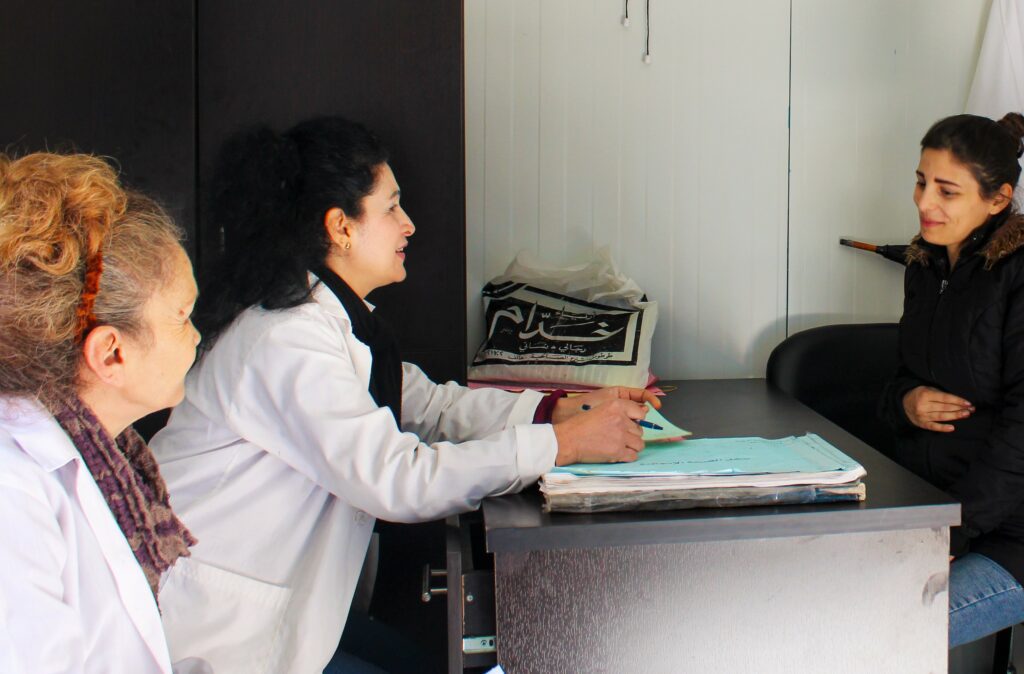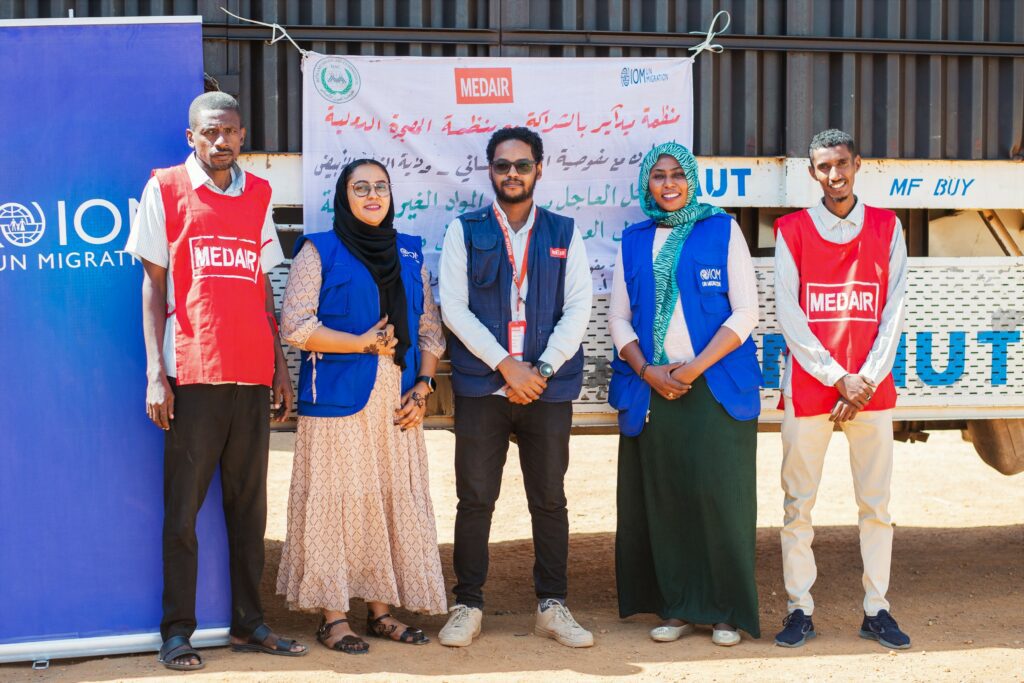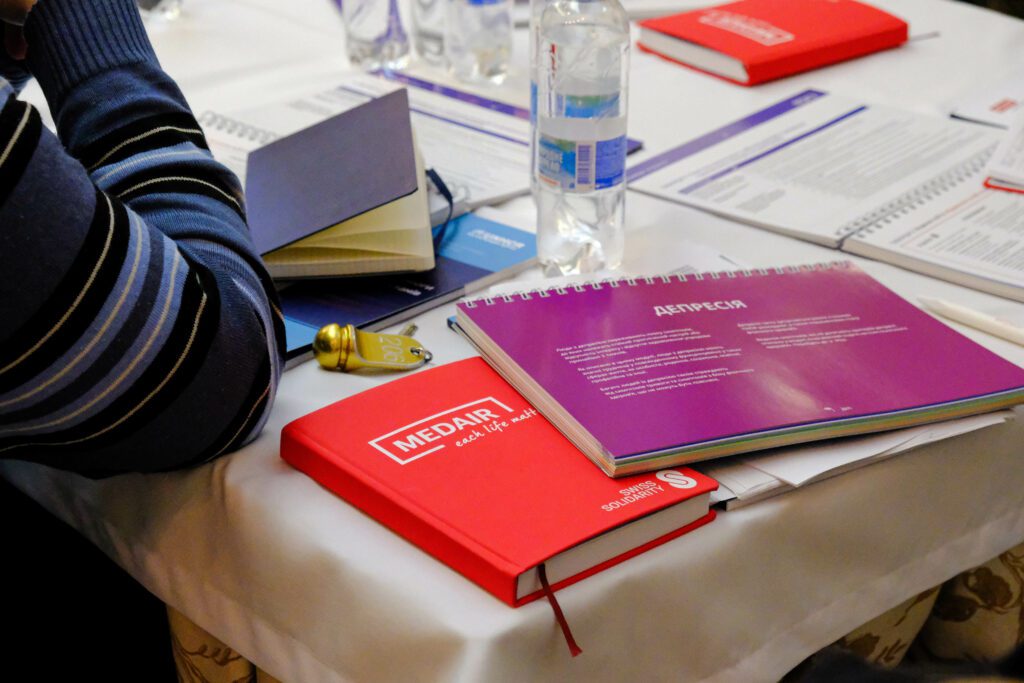Over 28 million people need humanitarian assistance
According to the Revised Humanitarian Response Plan, more than 28 million people in Afghanistan need humanitarian assistance in 2023, up from 18.4 million in 2021. Of this total, 6.4 million are women and 15.2 million are children. Due to three consecutive years of drought, 30 out of the 34 provinces are dealing with severe or extremely poor quality of water, which amounts to roughly 21 million people requiring access to clean water and sanitation.
The drivers are manifold: an economic crisis, crippling drought, poverty, legacy of conflict, high unemployment, and fallout from the COVID-19 pandemic. The climate crisis makes recurring phenomena, such as drought and flooding, more frequent and more extreme.
At the same time, many donors have reduced or suspended their funding due to political and security concerns. OCHA’s Humanitarian Response Plan for Afghanistan is only 23 percent funded as of August 2023.
A beacon of hope for local populations
While the above factors may lead some international organizations to leave Afghanistan, Medair continues to provide services to those who need it the most, irrespective of their ethnicity, political or religious beliefs.
A Medair staff member in Afghanistan explains: “We have been operating in Afghanistan since 1996, under the first Taliban de facto authorities’ rule. Our continued presence is a sign of hope for local populations, that we are not giving up on them. And indeed, despite the challenges, we have improved many peoples’ lives.”
- In 2022, Medair reached more than 234,000 people with direct assistance, including:
- Operating 47 mobile clinics and supporting 3 health facilities
- Treating over 29,000 people for acute malnutrition
- Providing cash assistance to 16,000 households to meet their basic needs
- Constructing or rehabilitating water points and latrines for 9,000 households
Medair’s assistance can transform lives, as it has for Mohammad, a father of four children in Southern Afghanistan: “Before, we had to walk for hours to fetch water from a dirty well, and we often suffered from diarrhoea and skin infections. Now, thanks to Medair, we have a water tank near our village, and we can wash our hands and faces regularly. This has improved our health and dignity.”
Increased funding urgently needed
Medair hopes the international community will respond with adequate funding to the humanitarian crisis in Afghanistan. “As a needs-based organisation, maintaining our assistance programs is a question of life or death for beneficiaries,” concludes a Medair staff member. “We urge the international community not to forget Afghanistan and to continue funding humanitarian relief in the country.”
Medair works closely with local communities to ensure that its programs are culturally appropriate and reach underserved populations.
Afghanistan Humanitarian Needs and Planned Response 2023 [EN/Dari/PS] – Afghanistan | ReliefWeb
Afghanistan Humanitarian Needs Overview 2023 | Food Security Cluster (fscluster.org)
Afghanistan Humanitarian Needs and Planned Response 2023 [EN/Dari/PS] – Afghanistan | ReliefWeb
Afghanistan Humanitarian Response Plan 2023 (March 2023) – Afghanistan | ReliefWeb
Pour protéger son personnel et ses bénéficiaires, Medair ne dévoile pas l’identité de ses travailleurs dans le pays.
Annual Report 2022
Le nom a été changé pour des raisons de sécurité.
6 months on: Humanitarian situation in Afghanistan deteriorating – Medair





